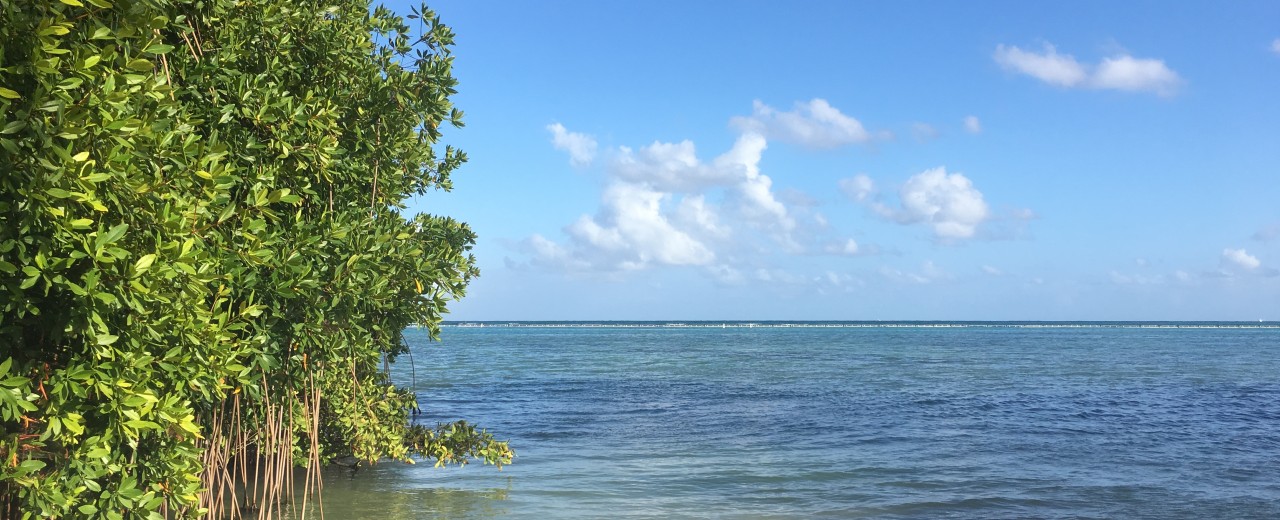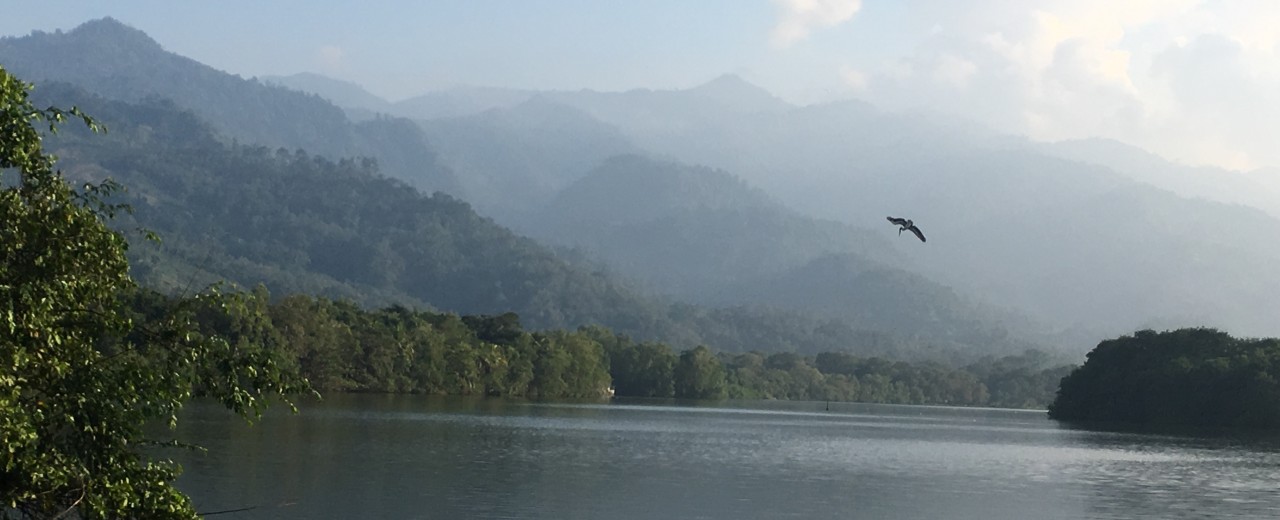
Sustainable fish farming, disposal of waste from cruise ships and management of marine protected areas are among the projects supported by the Sustainable Ocean Fund in the Caribbean. KfW Development Bank supports the fund on behalf of the German Federal Government with an equity investment of EUR 25 million.
The Caribbean is one of the regions with the highest biodiversity worldwide – both on land and underwater. In particular, the still widespread coral reefs are home to many rare species. To ensure that these valuable ecosystems are protected, KfW is involved in the Sustainable Ocean Fund (SOF), which promotes companies worldwide that are committed to sustainability and the circular economy.
For example, SOF has granted a loan to Martec Industries, Costa Rica's largest exporter of seafood and fish, so that the company can implement sustainable practices in all areas of its business and continue to grow. Martec is currently undergoing a certification process for sustainable fish farming and fishing.
The Caribbean, a popular holiday destination, suffers from the side effects of tourism, such as the amount of waste generated by cruise ships. SOF is participating in the Clean Marine Group so that the company can build a facility in Freeport Harbour in the Bahamas to dispose of oily waste. The port is a major port of call for merchant and cruise ships. Another problem in the Caribbean is large, harmful Sargassum algae (seaweed), which is driven by warmer surface temperatures and causes enormous damage to coastal ecosystems. SOF therefore invested in the start-up Carbon Wave in Mexico, which is dedicated to collecting and processing Sargassum seaweed into a range of bio-based products, including fertilizer, natural artificial leather and emulsion for the cosmetics industry.

Sustainable fish farming and fishing are particularly important in the Caribbean, where 60% of stocks are already overexploited. The consumption of fish is not a luxury, but the most important source of protein for three billion people worldwide. The production of fish protein emits much less carbon dioxide than a comparable amount of protein from meat. With a growing global population, the importance of sustainably managed fish therefore continues to increase.
SOF was founded in 2018 and invests worldwide in small and medium-sized companies of the so-called "Blue Economy" that use the ocean sustainably and thus protect its biodiversity. The globally operating SOF grants the companies – depending on their needs – loans or equity capital for their further growth. It has a volume of USD 132 million. KfW is the largest single investor and contributes about one fifth of the funds, which are used exclusively for investments in the Caribbean to protect its particularly fragile maritime ecosystems. Moreover, the many small island states there are particularly affected by the negative impacts of climate change as well as the unsustainable use of their marine resources.
The fund invests in or participates in companies for up to eight years. With this assistance, the companies maintain or create around 10,000 jobs, mostly in coastal communities where there are otherwise few employment opportunities. In addition, the fund also invests in the better management of coastal and marine protected areas and in the sustainable use of mangrove forests. KfW resources from the fund are being used, for example, to promote the sustainable management of a marine protected area in Belize. The fund aims to have around 87,000 hectares of marine ecosystems managed sustainably over the next few years.
Share page
To share the content of this page with your network, click on one of the icons below.
Note on data protection: When you share content, your personal data is transferred to the selected network.
Data protection
Alternatively, you can also copy the short link: kfw-entwicklungsbank.de/s/enzBYujB
Copy link Link copied